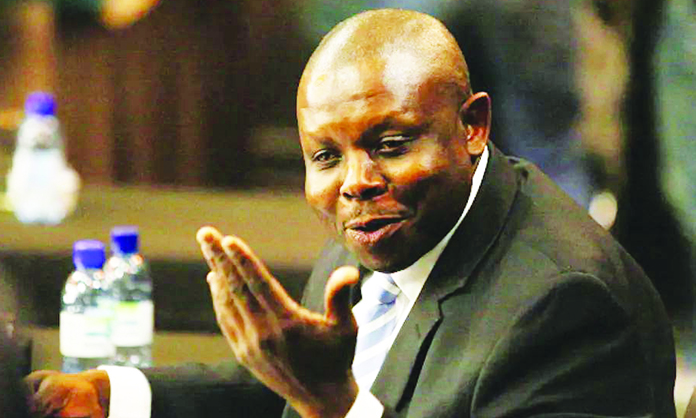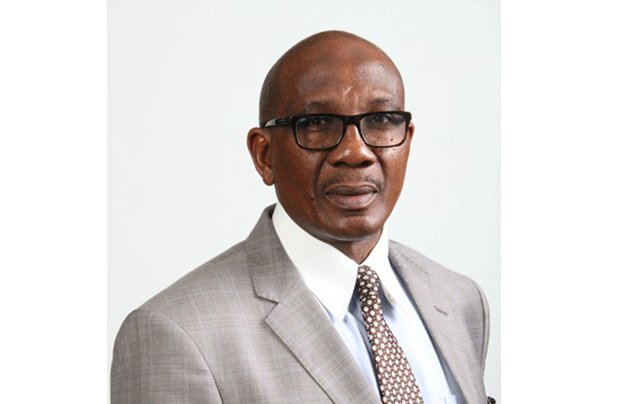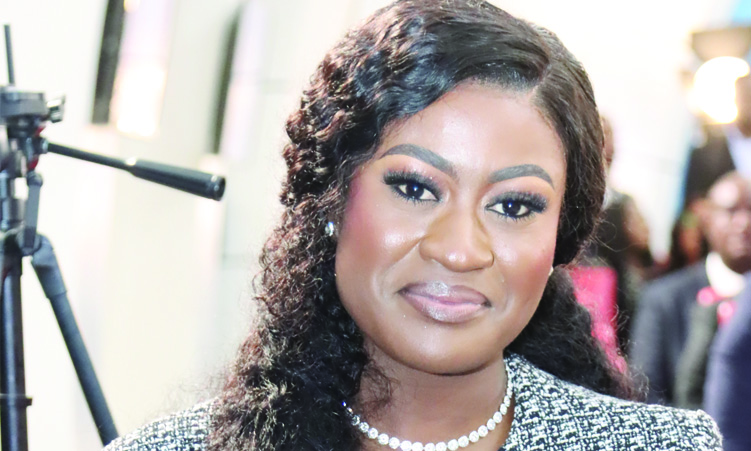Former Western Cape judge president John Hlophe has become one of the first two members of South Africa’s judiciary to be impeached since the country became a constitutional democracy in 1994.
A vote in parliament in late February stripped him of his title and barred him from accessing his retirement package, which can amount to as much as R2 million a year. Hlophe was the first black judge appointed to the bench of South Africa’s High Court in Cape Town in 1995 and also the first who came from an academic background. A mere five years later, in 2000, he became the judge president of the Western Cape High Court.
Hlophe has been both brilliant and controversial – on and off the bench.
What were the high and low moments of his career?
The low points include:
On his appointment as judge president, he was also appointed as a non-executive director of Oasis’s Crescent Retirement Fund, receiving about R500 000 in consultancy fees, which he did not initially declare to the South African Revenue Service or the justice minister.
In 2004, the Supreme Court of Appeal overturned his judgement in favour of the then minister of health after finding that Hlophe had denied pharmaceutical companies the right to a fair hearing by unreasonably delaying his decision on their appeal application.
In February 2005, Hlophe handed the then justice minister a report on alleged racism in the Cape Provincial Division. This document set out a range of allegations against colleagues.
He also accused the late former chief justice Pius Langa of following a political agenda, and former chief justice Mogoeng Mogoeng of being an Islamophobe and a liar.
In 2007, Hlophe asked the government to buy him a Porsche in keeping with his status.
Judges in South Africa drive Mercedes-Benz cars. A Porsche would have been more expensive and extravagant.
In 2008, the judges of the Constitutional Court filed a complaint of judicial misconduct against Hlophe on the grounds that he had sought to influence the outcome of a matter relating to then deputy president Jacob Zuma’s corruption charges. Eventually, this proved to be the final straw that ended Hlophe’s career.
In April 2021, the Judicial Conduct Tribunal found Hlophe guilty of gross misconduct.
The decision was confirmed by the Judicial Service Commission, which recommended that parliament impeach and ultimately remove him from the bench.
The process was protracted because Hlophe used what is known as Stalingrad tactics – challenging every aspect of the process and appealing every judgement made. He used this approach again after the tribunal decision.
He challenged both the decision and the process, taking matters to court repeatedly. The case was dismissed. The tribunal took 13 years to come to a conclusion – only then did he appeal against the decision. Hlophe then lodged an application with the Supreme Court of Appeal but that failed.
In July 2022, the Judicial Service Commission recommended that parliament suspend Hlophe.
The president did so five months later, suspending Hlophe from his duties with immediate effect, pending a decision of the National Assembly on his impeachment. Parliament then proceeded with the impeachment vote.
Why was he impeached and what are the consequences?
It’s a significant moment after 16 years of waiting. As far back as 2008, Hlophe proved himself unfit for office.
Judges must be beyond reproach and what Hlophe did was unconscionable for a judge president. The oath of office of judges in chapter 17 of the constitution requires them to administer justice to all persons alike without fear, favour or prejudice, in accordance with the constitution and the law of the republic.
Hlophe clearly broke his oath of office, going as far as trying to unduly influence fellow members of the judiciary to act unethically.
What he did was dishonest. Such conduct can lead to public mistrust in the justice system, and weakens the capacity of judicial systems to guarantee the protection of human rights.
The Judicial Service Commission recently adopted criteria for assessing and nominating candidates for appointments to the bench. However, it has been challenged for not applying those criteria in a recent round of interviews.An applicant’s recommended appointment by the commission should send a message to South Africans that they are safe in the hands of the judiciary. One can only hope that the criteria and guidelines keep unfit candidates off the bench and ensure that the appointment process is not hijacked for political purposes. In addition, if the commission provides clear reasons for its decisions, that would help to strengthen its authority and might prevent frivolous, unfounded and protracted legal challenges.
Hlophe broke trust with the judiciary and the public.
His impeachment sets an example to other members of the judiciary who may feel tempted to abuse their power.
– The Conversation
Narnia Bohler-Muller is a former professor of law attached to South Africa’s Human Sciences Research Council.
Stay informed with The Namibian – your source for credible journalism. Get in-depth reporting and opinions for
only N$85 a month. Invest in journalism, invest in democracy –
Subscribe Now!










